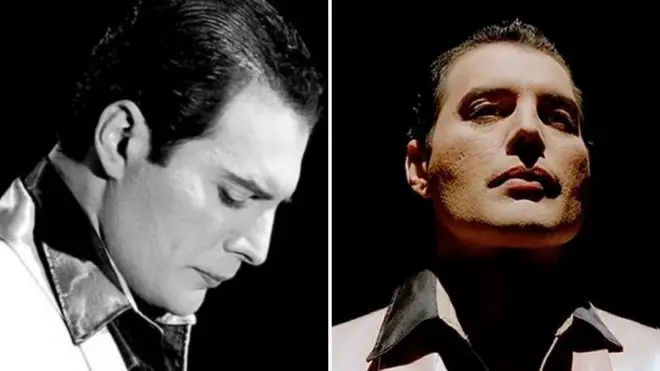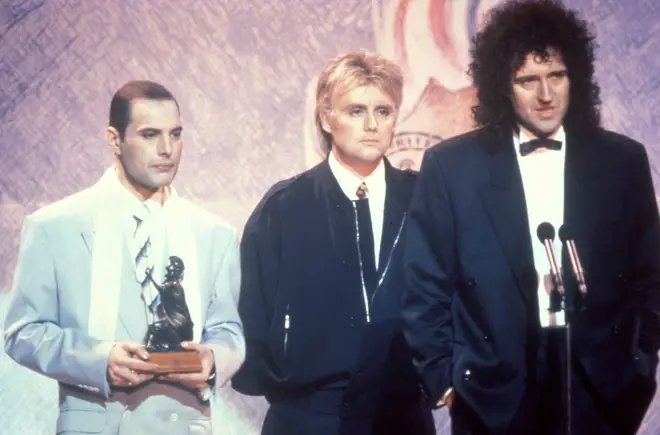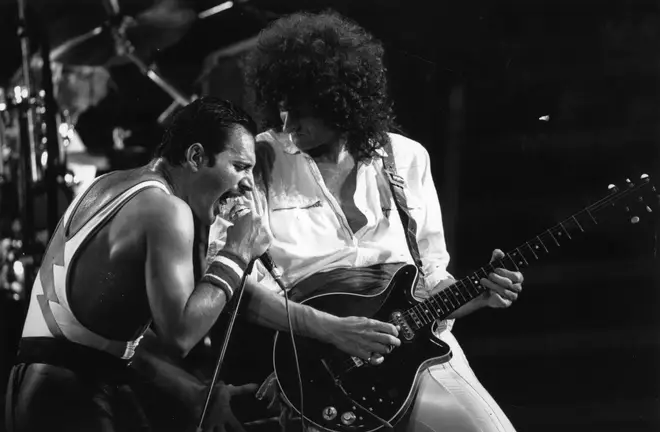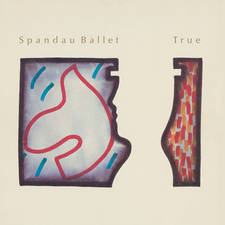Freddie Mercury had heartbreaking reason for keeping AIDS diagnosis secret
26 November 2021, 11:54

This week marked 30 years since Queen legend Freddie Mercury passed away at the age of 45.
On 24th November 1991, the rock music icon Freddie Mercury lost his battle with AIDS.
He'd been struggling with the disease for years, having initially been diagnosed several years before.
While the press and paparazzi might not be as ravenously intrusive in covering certain stories as they are nowadays, the overall public perception around the AIDS crisis was still one of fear and misconception.
- The Story of... 'These Are the Days of Our Lives' by Queen, Freddie Mercury's heartbreaking farewell
- Freddie Mercury's last ever photo revealed: Beautiful private image of the Queen star at home
- Remembering Freddie Mercury's incredible final performance with Queen - video
This is precisely the reason why Freddie kept his personal battle close to his chest, letting only his inner circle of trusted friends and confidants in on his pain.
Eventually, only 24 hours before he would succumb to his illness, Freddie made his diagnosis public, finally telling the world about his affliction.

But the reason he would only leave it so long to make his illness known, was to protect his loved ones.
Because of the agonising decline in his health, Freddie lived the last two years of his life in seclusion to avoid the media's prying eyes.
His Queen bandmate and dear friend Brian May recalled the tragic consequences of AIDS and how they ravaged Freddie's health in the years leading to his death.
"The problem was actually his foot, and tragically there was very little left of it. Once, he showed it to us at dinner. And he said, 'Oh Brian, I'm sorry I've upset you by showing you that'."
"And I said, 'I'm not upset, Freddie, except to realise you have to put up with all this terrible pain'", May remembered, as he described his final years with Freddie in an interview with The Sunday Times in 2017.

Brian, Roger Taylor, John Deacon, his personal assistant Peter Freestone, and his former partner Mary Austin were just a handful of people who Freddie trusted to open about his secret.
Though, it is understood he was diagnosed several years earlier having ignored his symptoms for some time.
"Freddie knew about the HIV/AIDS virus appearing around the world, and knew of friends dying from the disease, so obviously that played on his mind." recalled Peter.
"He might have thought he was infected, but again, like many of us, he put it to the back of his mind, thinking ‘it won’t happen to me’."
"You must remember in those days it really was a death sentence, it still is today, but now the end can be put off."
It was eventually Mary that persuaded Freddie to get properly diagnosed after a mark on his hand began to worsen.
Peter went on to say: "I’m sure Freddie had an idea what the doctor was going to say, so didn’t want to hear the diagnosis."

After returning from a trip to Switzerland in November 1991, Freddie made the finite decision to stop taking his medication.
Despite his continued struggles, however, he tried his utmost to protect the people that were dearest to him up until the very last day of his life.
- Freddie Mercury's death: Longtime assistant shares beautiful untold stories of the star's final days
- The Freddie Mercury tribute concert: A guide to the greatest gig of the ‘90s
The tragic press statement he released when announced his AIDS diagnosis read: "Following enormous conjecture in the press, I wish to confirm that I have been tested HIV positive and have AIDS."
"I felt it correct to keep this information private in order to protect the privacy of those around me."
"However, the time has now come for my friends and fans around the world to know the truth, and I hope everyone will join with me, my doctors and all those worldwide in the fight against this terrible disease."
Not only does Freddie's legacy live on as one of rock 'n' roll's greatest icons, but also as an incredible, kind, and spirited human being who has been sorely missed in the thirty years since his untimely passing.






















